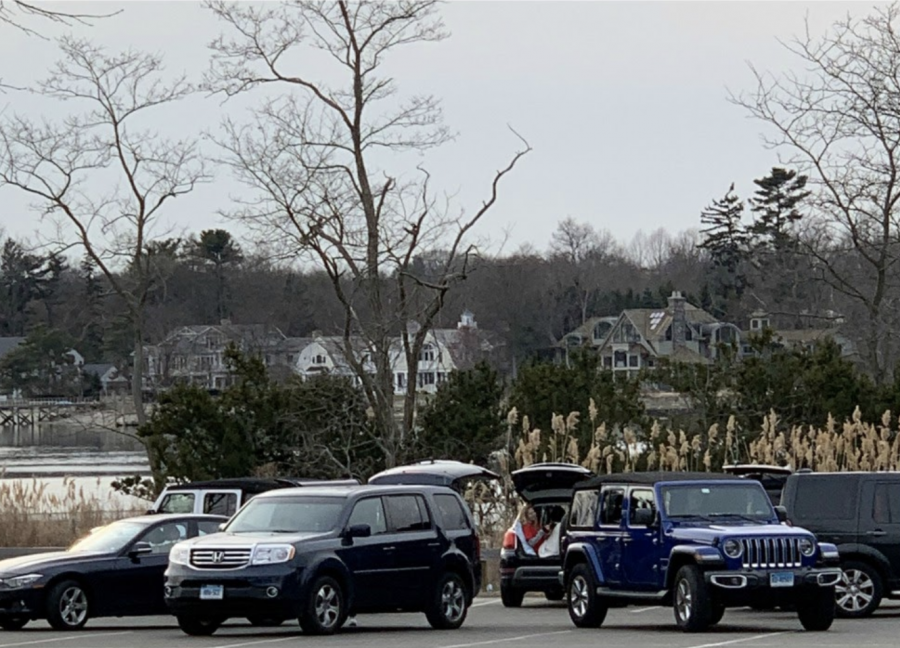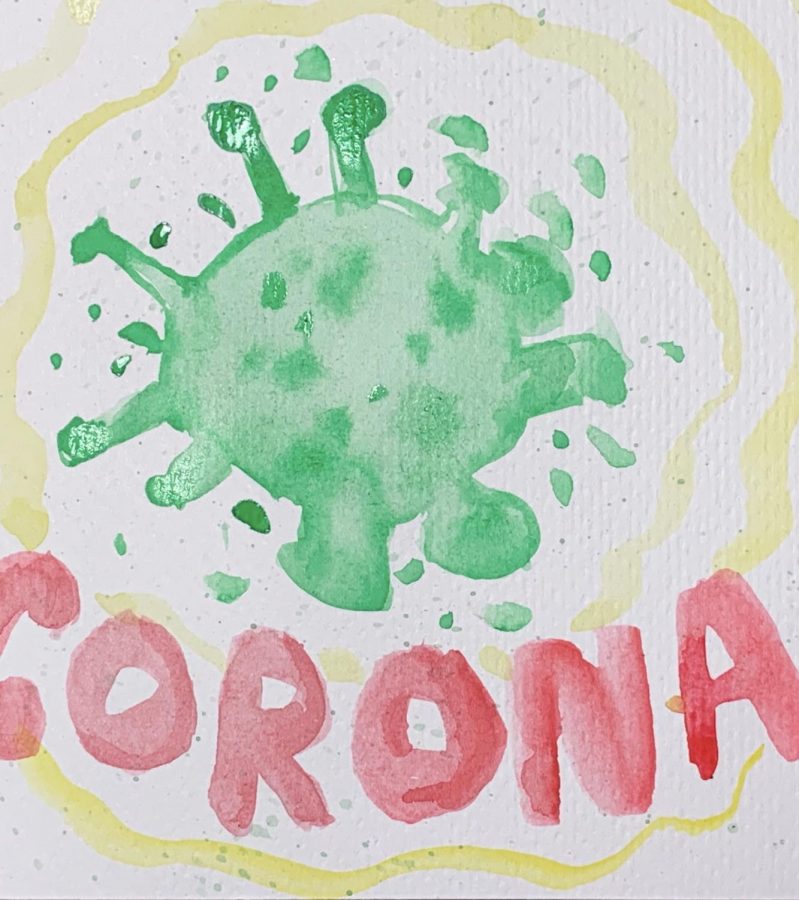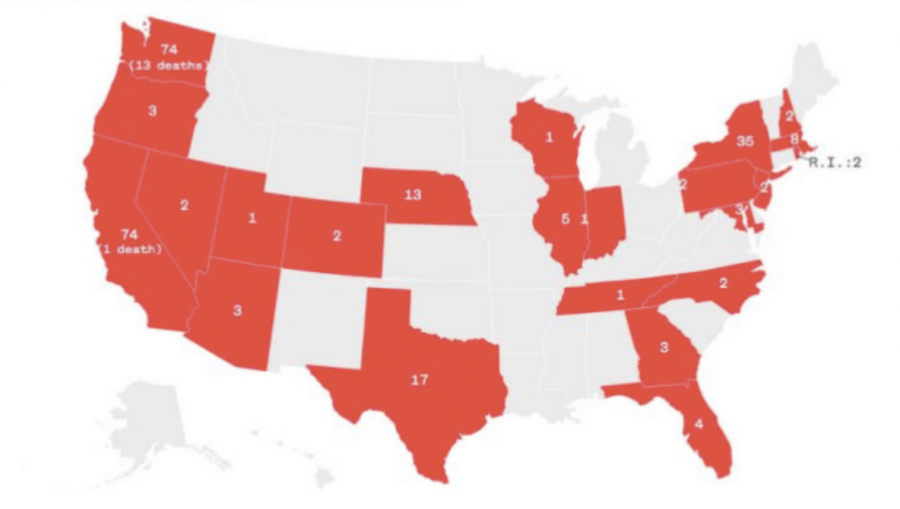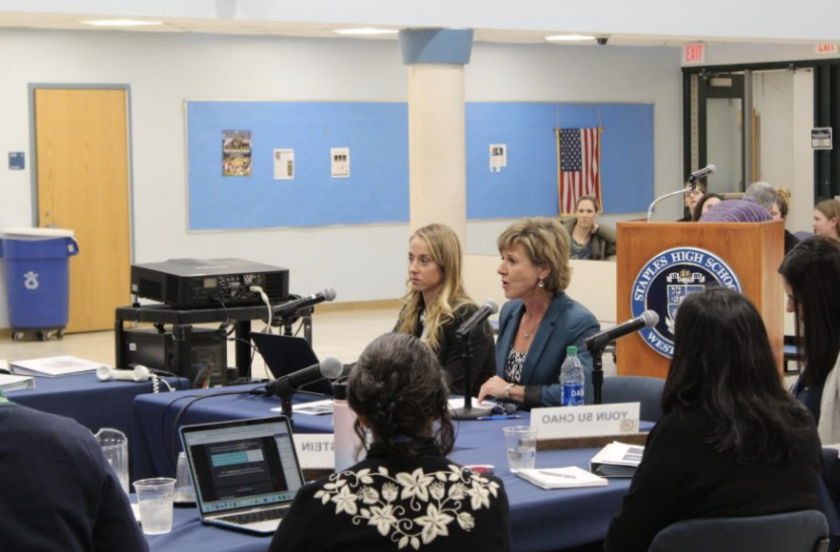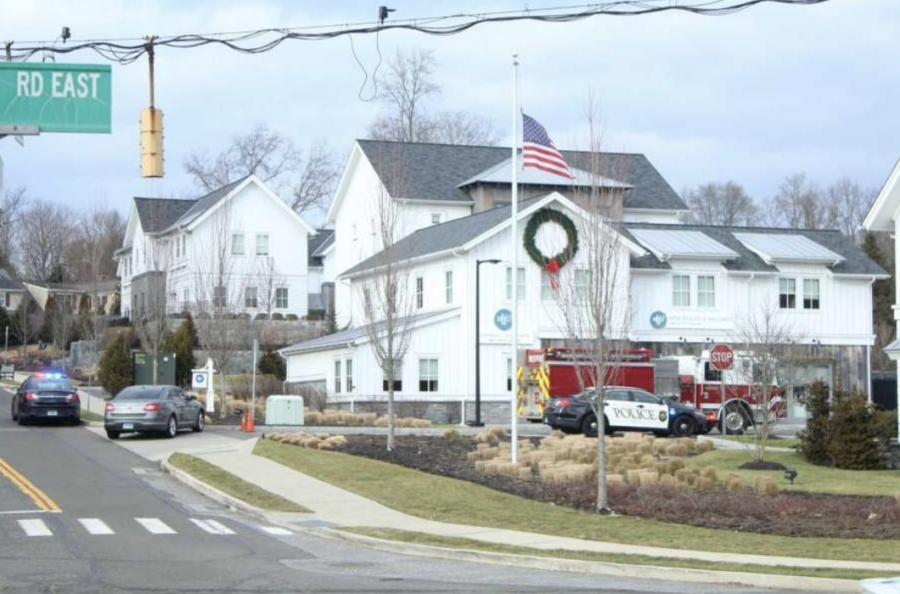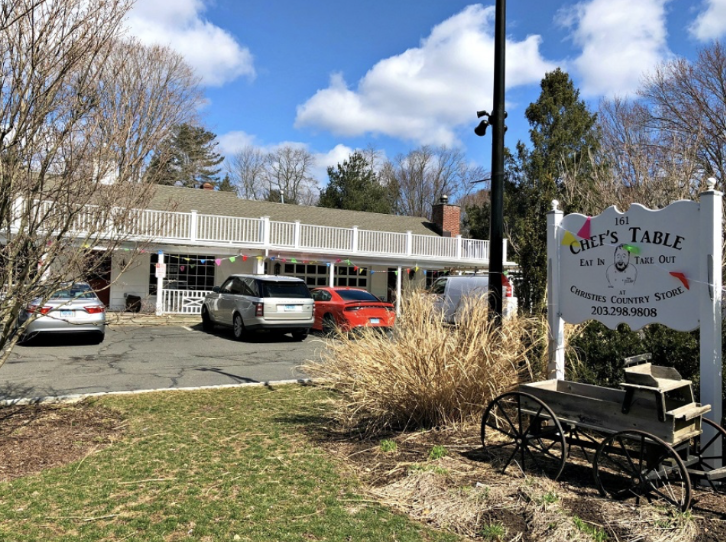On Tues., March 6, the power of Facebook made itself known, yet again.
29 minutes of footage had gone viral—but this time, it wasn’t a Justin Bieber, Selena Gomez and Ashley Tisdale music video to “Call Me, Maybe.”
This time, eight years of life-changing work was condensed into a video that can be watched in less than 30 minutes. To take the time to watch it would be giving up just 1/48th of a day.
“KONY 2012” is a video produced by Invisible Children, an organization developed to end conflict in Uganda and the abduction of Ugandan children. They became an official non-profit organization in 2006.
According to vimeo.com, where the “KONY 2012” video was initially posted on Feb. 20, it got just three views its first day. It didn’t get over 22 views between Feb. 20 and March 5. For a few days, it had zero views. March 4 it had 8 views. Then, on March 5, there were 58,000 views. On March 6, there were 2.7 million views. At the time of publication, there were 5.1 million views.
“KONY 2012 is a film and campaign by Invisible Children that aims to make Joseph Kony famous, not to celebrate him, but to raise support for his arrest and set a precedent for international justice,” according to the video description.
Joseph Kony is the head of the Lord’s Resistance Army (LRA) and one of the world’s worst war criminals. According to Invisible Children, Kony took “what had started out as a rebel movement to end the oppression of the north” and manipulated it into “an oppression of the north in itself.”
According to Invisible Children, it is because of Kony, his greed for power, and his army that children in Uganda were forced to kill their own parents or siblings, that girls were abducted and put to use as sex slaves and that young boys were manipulated and coerced into being child soldiers. Children who would be in the 5th grade at any of the five elementary schools in Westport would be forced to carry a rifle, had they been born into a village taken over by the Joseph Kony and the LRA.
When all this information and more became attainable for Staples students, inspiration flourished and spread like wildflower, seeping from the Staples Superfans group to the Junior Girls group to the statuses of over 70 students at any given time. For many, the 29 minutes it took to watch the video was no setback.
“I made the time,” said Zoe Cohen ’13, an administrator of the KONY 2012 Facebook group, in regards to watching the 29-minute video. “It was different from anything else I had ever seen.”
Siri Andrews ’13 and Georgie Talbot ’13 were equally inspired. Soon enough, Andrews, Cohen and Talbot had all decided to create a group on Facebook and try to carry the message of KONY 2012 as far as they knew how.
“People our age and in our generation don’t know anything about what’s going on in the world and that was one of the biggest problems—no one knew who Kony was before this video,” said Andrews.
It seems that the way the information wandered onto the radar of Staples’ students is indifferent to the reality of the cause.
Thanks primarily to e-mail, Facebook, Twitter and Youtube, that reality of the Uganda situation has been made well-known, and a plan for action is not far behind.
“Cover the Night” was proposed by Invisible Children as a way to “make Kony famous.” It urges people to purchase posters, bracelets, t-shirts and other Kony 2012 products and to cover their towns with anything Kony on April 20th.
Fri., Mar. 16th will bring another chance to act against Kony. The Staples chapter of STAND, a student run club that is united to end genocide, invites students to wear white on Fri. Mar. 16th to raise awareness for world peace. The club will also have table set up in the cafeteria, giving students the opportunity to lobby for the cause. The club is looking to take it beyond watching the “KONY 2012” video. Meetings for STAND will be held on Mon. and Wed. of next week.
“If this works out like we want it to, on April 20th the community will come together and make a difference,” said Cohen.
Stay tuned to Inklings for more updates on Kony 2012.














































